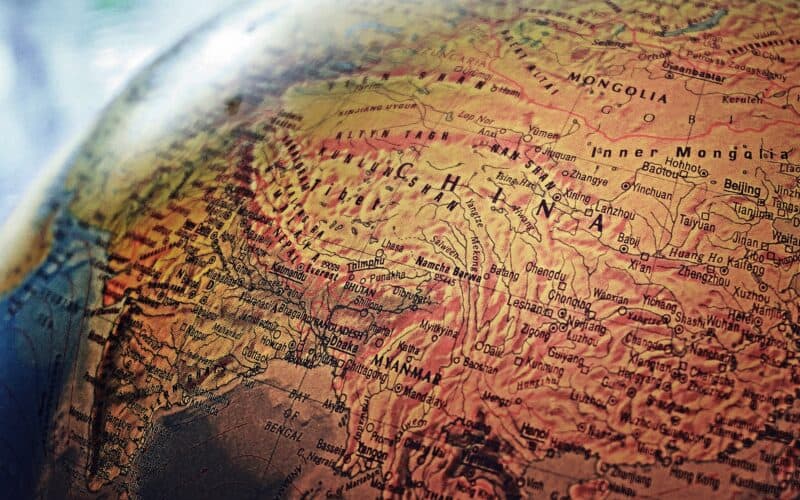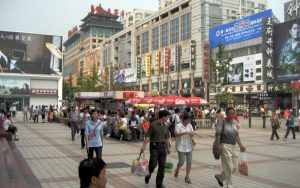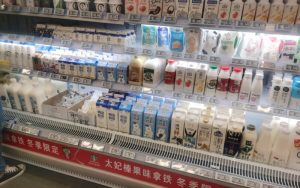
Beijing trying to stimulate ecconomy that has outsize influence on NZ’s primary sector.
China’s post-covid recovery has stalled and a new report says the country’s central bank is trying to prime the economy.
The report, from the Ministry for Foreign and Affairs and Trade, warns that the stalled recovery has created macroeconomic risks in the property market, from soaring local government debt that has reached a record US$9.2 trillion ($15.5 trillion) and high youth unemployment, which has reached 21.3%.
Flat inflation levels in June turned into deflation in July of 0.3% year on year, with factory gate prices falling at a rate last seen in 2016, reflecting weak demand.
Two-way trade between New Zealand and China reached $40 billion in the year to last December, with NZ exports of infant formula, fruit and meat all increasing on 2021.
China’s annual export growth contracted 12.4% in June and 14.5% in July, the fourth consecutive month of decline.
“China’s General Administration of Customs attributed the steep decline to a global inflationary environment and tense geopolitics dampening demand for Chinese exports,” the report notes.
Declining imports are cause for concern, having fallen 12.4% in the year to July following a 6.8% year-on-year decrease in June.
“Analysts have categorised the drop in imports as another signal of weakening consumer demand.”
Recent data reveals NZ last year sold 32% of its dairy and 43% of its red meat exports to China, so the recent easing in farmgate prices is not a surprise given the dominance of that market.
Observers believe China will miss its 2023 target of 5% annual gross domestic product growth, already considered modest by pre-pandemic levels.
Initially, pent-up consumer demand, high travel volumes and property sales saw the economy grow 14.8% in the first quarter of this year.
Retail sales grew 18.2% in the quarter as household consumption improved from a low base in late 2022 and the property sector had its first growth in sales in over a year.
Domestic travel also recovered, with 274 million domestic tourist trips made during the Labour Day holiday in May, 19% more than in 2019.
But consumer demand stalled and export demand declined in the second quarter with GDP of only 0.8%.
“Economic commentators now agree that China’s economic recovery has lost its initial post-pandemic momentum,” the MFAT report says.
China’s central bank has cut its main benchmark lending rates to stimulate activity and in July the Beijing announced 31 policy principles to support the private sector and improve the business environment.
Meanwhile, a NZ Business Roundtable survey of 51 companies found cautious optimism about the Chinese market despite rising labour costs and increased domestic regulatory compliance.
Most said it remains one of their top three priority markets.
“Despite these challenges and the challenges of the past three years, the scale, breadth and market access available to NZ companies in China are hard to find elsewhere and underpin NZ companies’ long-term commitment to China,” the survey stated.
More than half the companies surveyed noted increased sales to China in the first half of this year compared to the same time last year.

























